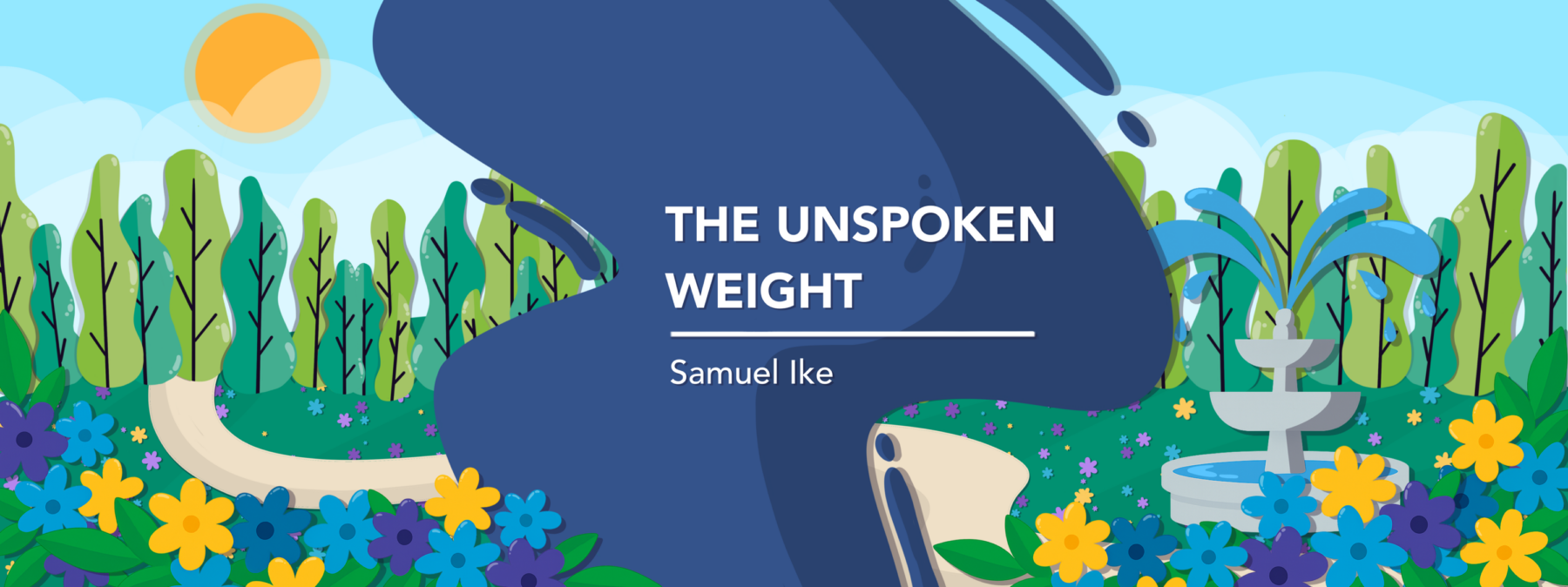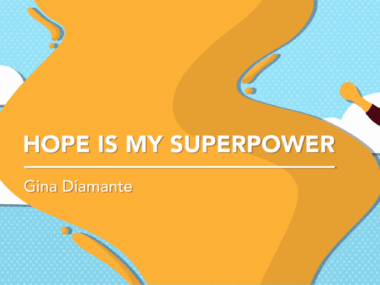When you’re a caregiver, it’s OK to need a helping hand
Man caring for mother with myeloma debunks myth of 'strong enough'
Written by |

“You are very strong.”
People say this as if it’s a compliment. Sometimes when I hear it, I smile back at them and mutter, “Thank you.” At other times, I nod in agreement. And then I think deeply about their remarks.
Why do they even make such a statement when they see me? They make it seem as if I deliberately chose this lifestyle. They make it feel as if being a caregiver is a deliberate choice one makes at a point in their life. They make it feel as if strength is something you run toward rather than something you collapse into because there’s no alternative.
But do you want to know the truth? When it comes to caregiving, there’s no such thing as being “strong enough.” On some days, if not many days, I am not strong. On some days, I feel as if I’m a frayed knot held together by a single thread.
Yes, I also feel weak. I feel as if I’m going to fall apart and disintegrate into tiny pieces.
The weakness I sometimes feel is so real. And it’s very different from the weariness and physical exhaustion that caregivers like me can experience.
The cult of toxic positivity
If you’re involved in cancer caregiving, there seems to be a general unspoken rule: If you’re not optimistic, then you’re a failure.
However, if there’s one thing I’ve learned since I began caregiving for my mother after she was diagnosed with myeloma, it’s this: Myeloma does not care about inspirational quotes. Also, myeloma does not take a break for pep talks. And whenever I plaster a smile on my face and I start to pretend that I’m “handling everything well,” all I’m doing is adding performance to my to-do list.
Then there are the lies we tell ourselves:
- “I should be able to tackle this situation easily.” (Says who?)
- “If I fall apart, she/he (your patient) will, too.” (Since when is it your job to ensure that your patient is always in a state of perfect stability?)
- “Other people have it worse.” (Suffering is not a competition between you and others.)
If you’re a caregiver, you should realize that all those statements are lies. And you might be thinking that these lies would make you strong. But those lies aren’t armor. They’re cages.
What ‘strong enough’ really looks like
So what does being strong actually look like?
- It’s collaborative: You are not a failure; you are only human. Don’t deny others the opportunity to assist you. In fact, you display your humanity, not your failure, when you let others step in. So welcome and accept assistance whenever it’s available.
- It’s honest: You already struggle with guilt frequently. Why not ease yourself of so much burden and admit it when you’re not feeling fine? Admit it to yourself that “I’m not OK today.”
- It’s messy: Sometimes, I find myself crying in hospital bathrooms. Other times, I have to eat cereal for dinner. Many times, I even forget to shower.
To my fellow caregivers, realize this: Don’t think you must be as strong as a pillar all the time. Give yourself the permission to be a puddle sometimes. You can still be exactly what your loved one needs, even when you feel so tired, exhausted, afraid, and over it.
Strength isn’t about how much you can carry all by yourself. It’s about how you can tell yourself in all honesty, “This is too heavy. Help me.”
Note: Rare Cancer News is strictly a news and information website about the disease. It does not provide medical advice, diagnosis, or treatment. This content is not intended to be a substitute for professional medical advice, diagnosis, or treatment. Always seek the advice of your physician or other qualified health provider with any questions you may have regarding a medical condition. Never disregard professional medical advice or delay in seeking it because of something you have read on this website. The opinions expressed in this column are not those of Rare Cancer News or its parent company, Bionews, and are intended to spark discussion about issues pertaining to rare cancer.



Leave a comment
Fill in the required fields to post. Your email address will not be published.